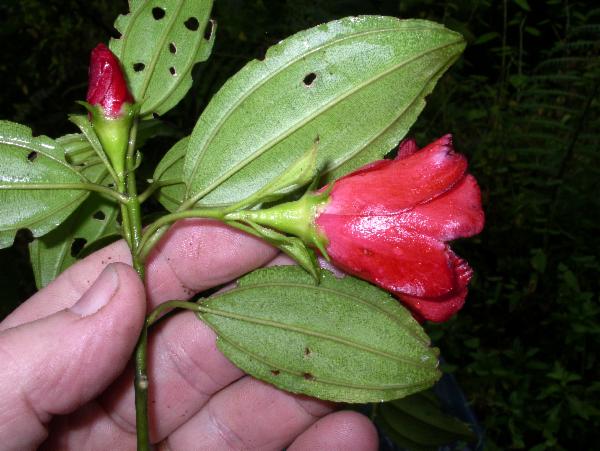Search for 手机youtube广告屏蔽【打开∶88SEO.CC】 葡萄牙谷歌开户 】巴西百度seo【TG飞机∶@AK5537】濟南外貿網站推廣優化【TG电报∶@XK5537】 facebook ads forum 】w3k returned 63 results.
Refine results
Refine results
Section
- Site Page (36)
- Biodiversity Science project (23)
- Support article (4)
-
Site Page: Sign in to the ALA with your organisational login details – Atlas of Living Australia
Posted on 9th December 2019 The Atlas of Living Australia (ALA) now provides login access via the Australian Access Federation (AAF) – the national provider for federated single sign-on. This means if your organisation (university, research organisation etc) subscribes to AAF, you can now use your organisational email address and password to sign in to the ALA. The ALA already provides third-party login options for Google, Facebook and Twitter...
-
Biodiversity Science project: Bees and EZ Water
Does the Forth Phase of Water (Exclusion Zone aka EZ water as researched by Dr. Gerald Pollack and many others over the last few decades) provide the best water for honey production and does its properties effect/affect the properties of honey production. Do certain watering conditions invite more bees to water and do they seek out the EZ layer of water at the watering site. Looking to build a collection of photos that show bees (all species) watering...
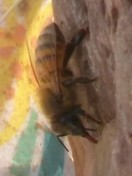
-
Biodiversity Science project: Drug discovery from your soil
Creating a new medicine is a team effort involving scientist and medical professionals from a wide variety of fields. In 2010, researchers with the University of Oklahoma’s Natural Products Discovery Group redefined the notion of what “team” meant when they launched their popular Citizen Science Soil Collection Program...

-
Biodiversity Science project: Petridish
Petridish allows citizens to support science by directly funding independent and small -scale research projects. While this is a somewhat non-traditional citizen science project, funding is an important part of science, and Petridish allows science lovers everywhere to truly make a difference and support innovative science. Similar to other crowd funding style websites, Petridish lets you browse projects and donate online to the research projects of your choice...
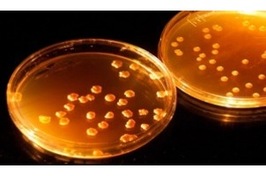
-
Biodiversity Science project: CyanoTRACKER
**NEWS- We have android and iOS app for "CyanoTracker". Please install it for easy posting the reports". We are looking for citizen scientists to report Algal Blooms in their neighborhood pond/lake. CyanoTRACKER will address a significant environmental issue important to inland waters, namely, Harmful Algal Blooms or popularly referred by other names "Toxic Algae", "Algal Bloom ", "Red Tide", "Cyanobacteria" and "Blue Green Algae"...
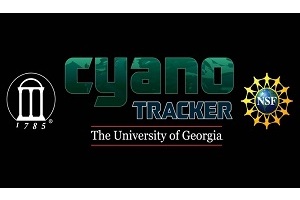
-
Biodiversity Science project: City Nature Challenge: Los Angeles
Take the City Nature Challenge, April 27-30, 2018 For the third year in a row, NHMLA is rallying everyone in Los Angeles County to get out outside, snap photos of local wildlife, and share their observations. This year, 60+ cities around the world are competing in the City Nature Challenge...

-
Biodiversity Science project: Autoimmune Citizen Science
Our goal is to bring the autoimmune community together in a scientific way, such that it will change the way that autoimmune disease is treated in healthcare today. The massive online community that has formed around chronic illness is ample evidence that something is wrong...
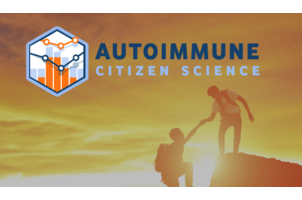
-
Site Page: National Science Week: School Biodiversity Image Competition – Atlas of Living Australia
Posted on 9th May 2018 Win prizes for taking wildlife images in your school yard and uploading them to the ALA! To celebrate National Science Week (11-19 August 2018), we will be running our Atlas of Living Australia (ALA) School Biodiversity Image Competition again. What you need to do: Take images of plants, animals or fungi in your schoolyard This picture of an Australian White Ibis (Threskiornis molucca) isn’t particularly clear...
-
Support article: Account support
Jump to section: Why should I create an account? Logging in with Australian Access Federation (AAF) Logging in with Facebook, Google, or Twitter account Creating an account Managing you account Updating your profile Managing your alerts FAQs My username/password isn't working I did not receive an account activation email Why should I create an account? Creating an account with the ALA allows you to: Download occurrence records, species checklists and field guides Use the Spatial Portal for...
-
Biodiversity Science project: Tropical Investigations: Melastomataceae of the New World
Princess flowers (Melastomataceae) are one of the largest plant families, with over 5000 unique species known from around the world. Their morphologically diverse fruits and flowers provide important food resources for birds, insects and mammals, and numerous species have co-evolved with ants--providing specialized shelters in exchange for protection from predators...
